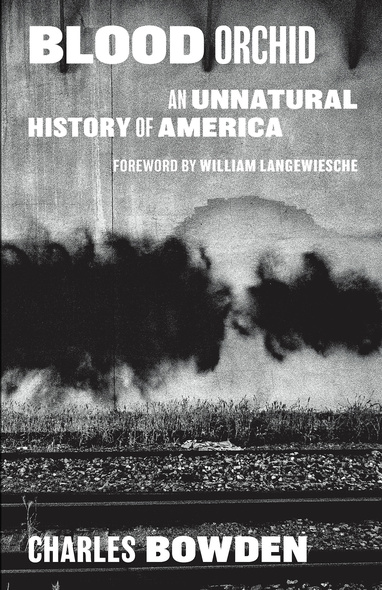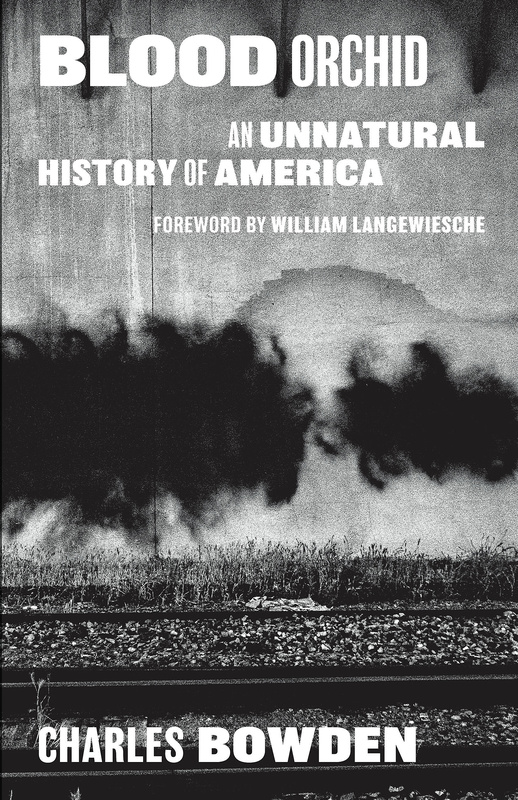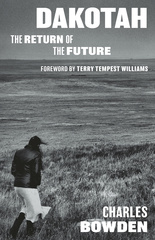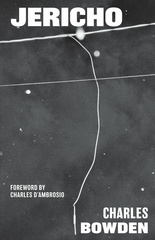Blood Orchid
An Unnatural History of America
Through stark observations and visceral experiences, Blood Orchid begins Charles Bowden’s dizzying excavation of the brutal, systemic violence and corruption at the roots of American society. Like a nightmarish fever dream that turns out to be our own reality, Bowden visits dying friends in skid row apartments in Los Angeles, traverses San Francisco byways lined with clubs and joints, and roams through village bars and streets in the Sierra Madre mountains. In these wanderings resides a yearning for the understanding of past and present sins, the human penchant for warfare, abuse, and oppression, and the true war between humanity, the industrialized world, and the immense tolls of our shared land. Deeply personal, hauntingly prophetic, and bracingly sharp, the start to Bowden’s harrowed quest to unearth our ugly truths remains strikingly poignant today.
Within pages [of Blood Orchid], I was mad for Bowden's style. His ferocity and pace of storytelling inspired me…to not shy away from infusing reportage with emotion.
[Bowden's] writing style has been compared to the Old Testament in its prophetic fury, and nowhere is that better on display than in Blood Orchid, a book that carries the reader on a journey through both natural and urban wildernesses to uncover the brutal roots of American society.
Bowden’s anger is delicious . . . [He] believes that the environmental crisis . . . is caused by the fact that ‘we have lost the fire and belief and courage to act.’ [Blood Orchid] is ironic proof that the embers of that fire still glow.
Bowden is no conventional theologian, but he has written the best religious book on the subject of soul-death of any writer of our generation.
Bowden is brilliant, fierce, and clear as Arizona sunlight.
Author of many acclaimed books about the American Southwest and US-Mexico border issues, Charles Bowden (1945–2014) was a contributing editor for GQ, Harper’s, Esquire, and Mother Jones and also wrote for the New York Times Book Review, High Country News, and Aperture. His honors included a PEN First Amendment Award, Lannan Literary Award for Nonfiction, and the Sidney Hillman Award for outstanding journalism that fosters social and economic justice. He wrote The Red Caddy in 1994.







